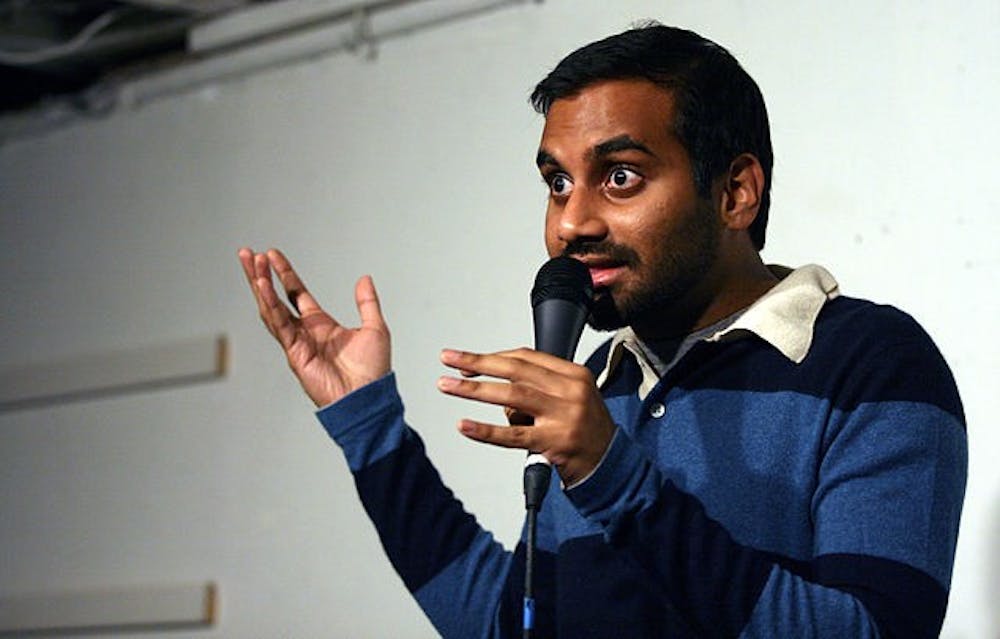
I’m just gonna go right out and say it: I unabashedly and wholeheartedly love this little Netflix show.
The first season of Aziz Ansari’s semi-autobiographical show was a funny, insightful masterpiece, consisting of 10 episodes that dealt with topics like immigrant struggles, millennial dating, feminism. It was a realistic look into the lives of young adults struggling to come to terms with adulthood, portraying the fast-paced and diverse lifestyle of New York City. I knew it would be hard to live up to the expectations of Master of None’s incredible first season, but the second season knocked it out of the park—it is bold, and ultimately, it is beautiful.
In season 2, we begin with Dev (the main character portrayed by Ansari) in Italy, learning to make pasta in a quaint little town called Modena. The first episode is in all black-and-white, emulating the classic Italian film Bicycle Thieves—there is an aura of artistry and playfulness that continues throughout the season. While he enjoys the simplicity of life in a small town and the consistent lifestyle of pasta-making, Dev still isn’t happy. The sense of restlessness, that there’s still something more in life, sustains itself from the first season, and moves Dev back to New York where he continues his adventures with his television career, friends, potential lovers, and an unexpected romantic prospect that sends his personal life reeling (can’t say anymore without spoiling!).
Dev’s journey into finding himself and finding happiness is entertaining, but it may not even be my favorite part of Master of None’s second season. What I love about Master of None is that Ansari and Yang, the shows co-creators, are unafraid to make bold, artistic choices. The show arrives and delivers such confidence and verve, each episode an almost-surreal experiment to achieve meaning and embrace life itself. In Episode 4, "First Date," Dev goes on a series of first Tinder dates, the entire episode following one date but showcasing various women in each phase from drinks to dinner to the taxi ride home, emphasizing the craziness of modern dating. Episode 6, "New York, I Love You," delves into the lives of different New Yorkers, from apartment doormen to deaf cashiers to taxi drivers. Their experiences ultimately intersect into Dev’s own life as the show focuses on the minute importance of every person’s life. Episode 8, Thanksgiving, focuses on Dev’s close friend Denise, the story building over many Thanksgivings over the years as her mother comes to terms with her coming out as a lesbian. There's a subtle beauty and tenderness with the way human life is portrayed. The experimentation and playfulness of each episode exudes out of the screen, and "Master of None" transcends just being a good TV show—it becomes a work of art.
Though I cringe at the word “millennial,” as it’s often a misunderstood, overused way to describe our generation Master of None may be the perfect millennial show. Especially for college students standing at the precipice of adulthood, facing the “real world” is a scary and intimidating prospect. While Ansari’s show focuses on the lives of late-twenty/early-thirty somethings, the central themes of exploration of self and love are concepts that are especially resonant and relatable to us all. "Master of None’s" season 2 is a testament to fact that the journey of self-discovery never truly ends—and life, despite all its struggles, is one beautiful, crazy experiment.







